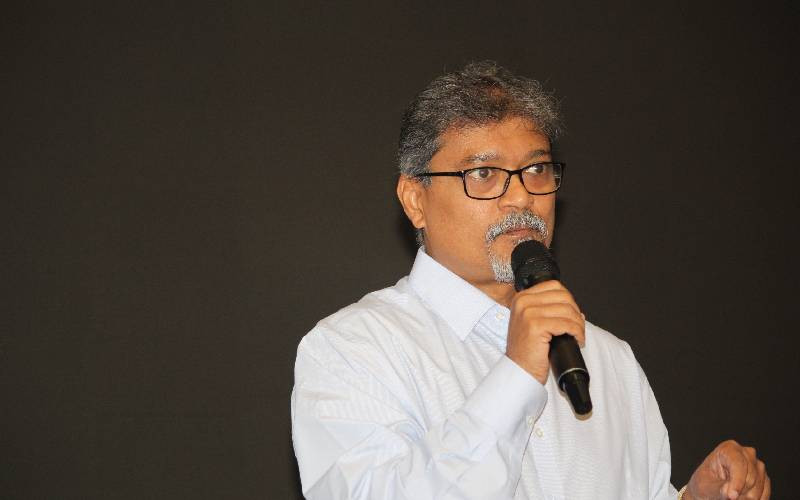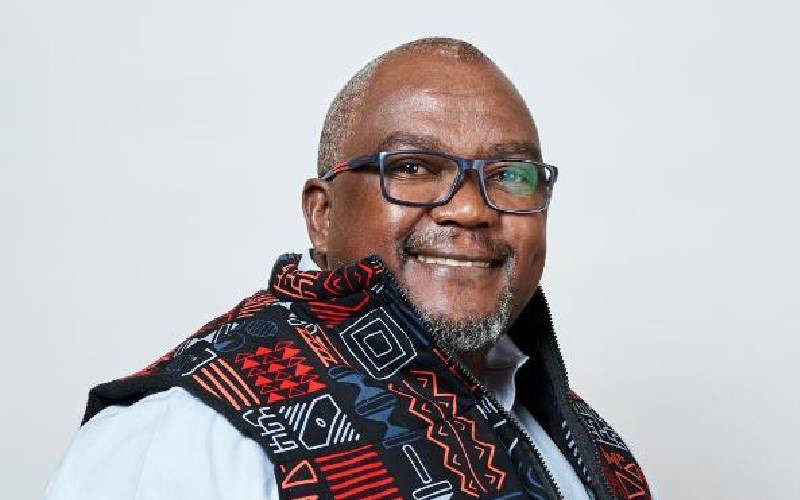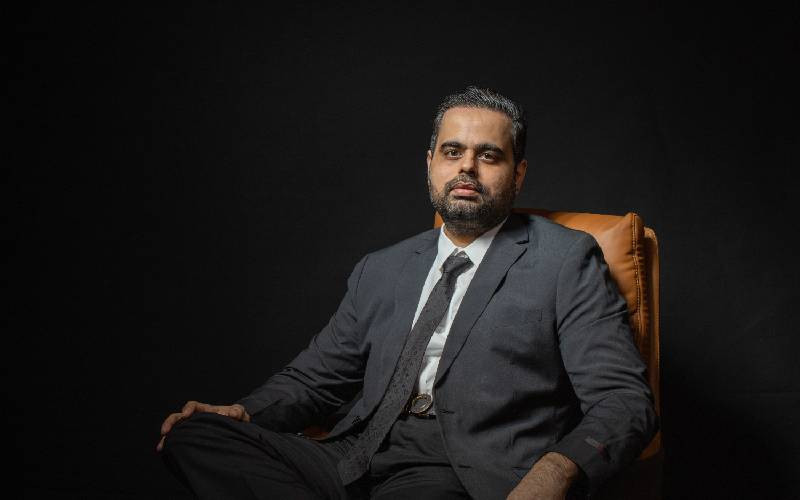
It was one of the most effective disinformation campaigns the KGB ever mounted. The Aids epidemic that would go on to kill 42 million people - more than the number who died in the First World War - was starting to spread globally with devastating effect.
But even as the world's doctors struggled to respond, Soviet spies saw an opportunity to seed the ultimate conspiracy by claiming that HIV, the virus which causes Aids, was fabricated in an American military laboratory. In a series of messages to allied spy agencies, the KGB announced the launch of a propaganda mission called Operation Denver, one that it correctly predicted would sow worldwide distrust in the United States.
"The goal of the measures is to create a favourable opinion for us abroad," reads a KGB document from 1985 found in the Bulgaria's state security archive.
The intention, the document continued, was to spread a fictitious claim that the Americans had unleashed Aids as a result of "secret experiments that have spun out of control".
More than three decades since the Cold War ended, Russia is again deploying similar techniques to spread medical disinformation. Using paid social media influencers, it is again falsely claiming that the West is using bioweapons to reduce Africa's population. Kenya is undoubtedly among Russia's disinformation targets. Putin's primary objective in mounting such a campaign is to reshape geopolitics by weakening America's global image and presenting Russia as the champion of the developing world in a new war against neo-imperialism.
But in doing so, Russia's president is again using African lives as currency to purchase his global ambitions. The manner in which Operation Denver was implemented and the consequences of its nefarious design should serve as a salutary lesson to us in Kenya.
The fictitious claims were first published in an Indian newspaper called The Patriot, which, unbeknownst to the Indian people, had been set up by the KGB.
Other publications elsewhere in the world that were also fronting for Soviet intelligence then picked up the story, citing The Patriot as its source - after which it spread into mainstream publications and filtered into the public consciousness.
Among those who believed this crank story was Thabo Mbeki, the former South African president. Mbeki cited the disinformation in his rejection of antiretroviral drugs, a decision that cut short hundreds of thousands of lives.
Yet there is little sign of a twinge in the Kremlin's collective conscience. Russia's defence ministry and state-controlled media outlets have instead embarked on a new iteration of the old game by suggesting that mpox was engineered in an American bioweapons lab.
Igor Kirillov, a senior Russian official, went further, claiming the virus was manufactured in a US bioweapons facility in Nigeria. Nigeria and Ghana are particular targets for Russian disinformation, perhaps because they led regional efforts to counter Kremlin-backed coups in Niger, Burkina Faso and Mali, notes Mark Duerksen of the Africa Center for Strategic Studies, a Pentagon-backed research institute.
Yet it is not just West Africa that is likely to be in the Kremlin's sights. At the end of May, Yoweri Museveni, Uganda's president, attended a gathering calling itself the African Inter-Parliamentary Conference on Family Values and Sovereignty in Entebbe. One of the main speakers was Kenyan gynaecologist Wahome Ngare. Ngare repeated many of the Kremlin's favourite vaccine tropes as he addressed delegates.
The HPV vaccine does not prevent cervical cancer but causes infertility among women, he told them. New vaccines approved by the WHO to fight malaria would not save the hundreds of thousands of African children who die from the disease each year; instead, he insisted, the vaccines were designed to decrease Africa's population. The real purpose of Kenya's tetanus vaccination drive, meanwhile, was to sterilise women without their knowledge, he added.
Of course, there is no evidence to suggest Dr Ngare is on the Kremlin's payroll. Yet it is worth bearing in mind that the Kremlin seeks to funnel health disinformation through evangelical Christian outfits such as the conference Ngare addressed, says Ivana Stradner, who studies Russian disinformation at the Foundation for Defence of Democracies.
Stay informed. Subscribe to our newsletter
Mr Blomfield is a Nairobi-based journalist. He was formerly Moscow Correspondent for The Daily Telegraph







